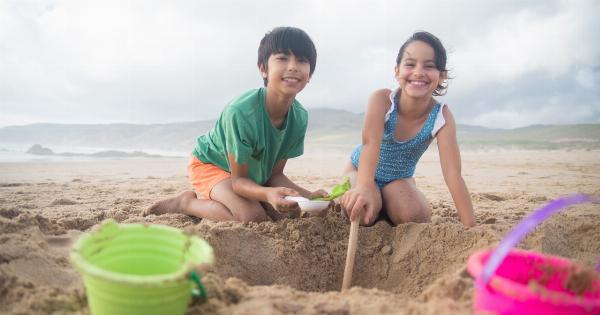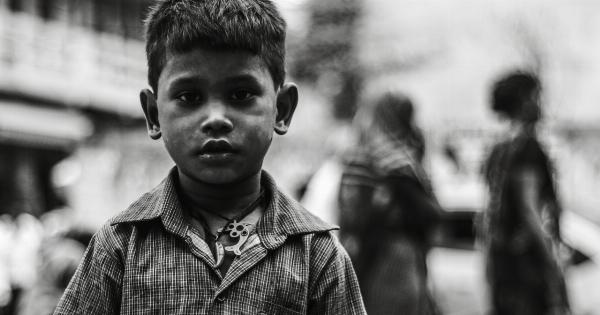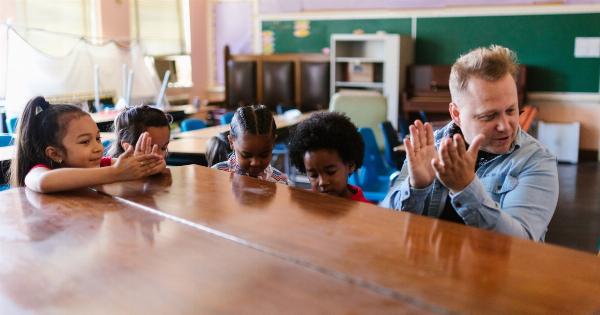As parents, we all want our children to be happy and fulfilled. But what are the habits and practices that contribute to happiness and wellbeing for children? Here are seven key habits that happy children tend to exhibit:.
Habit 1: Playing and Being Creative
Happy children spend a lot of time playing and using their imaginations. They might build forts, draw pictures, pretend to be firefighters, or create stories. Play is how children make sense of the world around them and develop social skills.
Habit 2: Connecting with Others
Relationships with parents, siblings, friends, and other adults can greatly impact a child’s happiness. Children who feel connected to others tend to feel happier and more secure.
Encourage your child to spend time with friends and family, and develop strong relationships based on respect, trust, and fun.
Habit 3: Experiencing Nature
Research suggests that being in nature can improve children’s mental health and wellbeing. Spending time outside, exploring, and connecting with the natural world can help children feel calmer, more focused, and happier.
Habit 4: Learning and Curiosity
Children are naturally curious, and fostering that curiosity is key to their happiness and development. Provide opportunities for your child to learn new things, explore their interests, and discover the world around them.
Encouraging learning can also help children feel more confident and resilient.
Habit 5: Helping Others
Children who volunteer or help others tend to be happier and more satisfied with their lives.
Whether it’s helping a friend with homework or volunteering at a local animal shelter, giving back can help children feel connected to their communities and make a positive impact on the world.
Habit 6: Practicing Gratitude
Happy children often have a sense of gratitude and appreciation for the people and things in their lives.
Encourage your child to identify and express gratitude for the things they value, whether it’s a favorite toy, a special relationship, or a fun experience.
Habit 7: Managing Emotions and Stress
Emotional regulation is a key skill for happiness and resilience in children. Encourage your child to identify and express their emotions, and develop healthy coping strategies like taking a break, deep breathing, or talking with a trusted adult.
Helping your child build these skills can also improve their relationships and ability to manage stress.
Conclusion
While there are many factors that contribute to a child’s happiness and wellbeing, fostering these seven habits can make a big difference.
By prioritizing play, relationships, nature, curiosity, service, gratitude, and emotional regulation, you can help your child feel more fulfilled, confident, and resilient.































